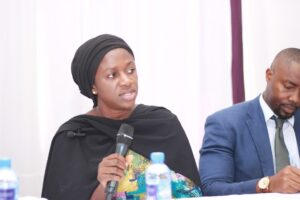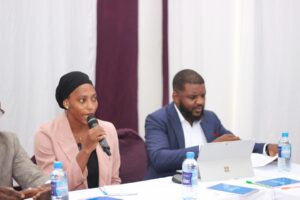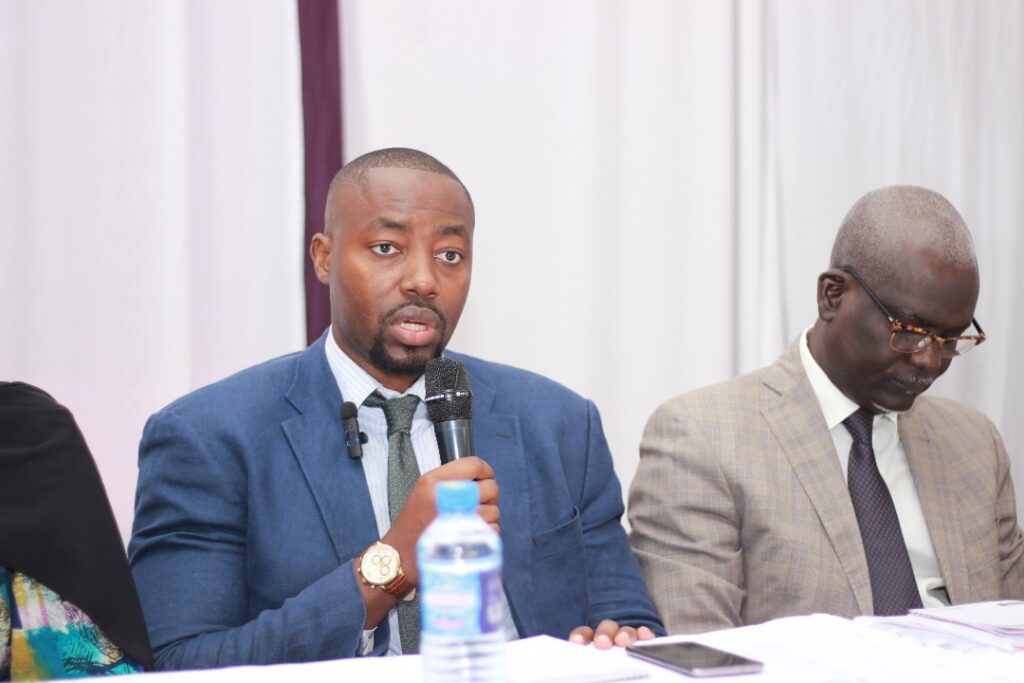The Women’s Association for Women and Victims Empowerment (WAVE), in collaboration with the National Human Rights Commission (NHRC) and the National Assembly Committee on Human Rights and Constitutional Matters, convened a strategic session on the implementation of the Optional Protocol to the Convention Against Torture (OPCAT).
The event took place at Coconut Residence in Kerr Serign on Monday, 19th October, 2025, bringing together key stakeholders from various institutions and countries to discuss Gambia’s progress in combating torture and upholding human rights.

Speaking at the opening session, Commissioner Halimatou Dibba of the NHRC underscored the importance of ratifying the OPCAT to strengthen the country’s democratic reforms and human rights protection mechanisms.
“How can we agree that [torture] is not a human rights violation?” Commissioner Dibba questioned. “We’ve always highlighted this issue in our state political discourse during the Universal Periodic Review, both in 2019 and 2025. Ratifying the Optional Protocol is a vital step in consolidating our democracy and preventing systemic human rights violations.”
She commended the recent passage of the Prevention and Prohibition of Torture Act as a significant milestone but emphasised that prevention remains key.
“Having a national preventive mechanism is crucial to ensure that we prevent systemic violations through torture and inhumane treatment,” she added. “The NHRC has been monitoring places of detention and identifying existing gaps. This initiative will help establish a structured prevention mechanism mandated by law.”
Representing the Association for the Prevention of Torture (APT) in Geneva, Juvenal Babona, Africa Representative, lauded Gambia’s progress in strengthening its human rights framework.
“It’s a great pleasure to be here in Banjul for this important meeting,” Babona said. “APT has worked with many countries to implement OPCAT, and we are pleased with Gambia’s progress since the ratification of the UN Convention Against Torture in 2018 and the enactment of the Torture Prevention Act in 2023. We are ready to collaborate with all stakeholders to achieve OPCAT ratification and implementation.”

Hon. Madi Ceesay, the National Assembly Member for Serrekunda West, who chairs Parliament’s Committee on Human Rights and Constitutional Matters, reaffirmed the legislature’s commitment to strengthening laws that promote human rights and gender equality.
He noted that his committee “are fully committed to this process. We regularly visit prisons and police stations to assess conditions, and we have seen gradual improvements. Participating in this stakeholder summit will help us further strengthen oversight and accountability mechanisms.”

Ms Mariam Ceesay, programme coordinator for WAVE, described the session as timely and essential, given Gambia’s transitional justice process and continued efforts to address past human rights abuses. “This programme is organised by WAVE in collaboration with the NHRC and other partners,” she said.
The WAVE representative added, “We find it very pertinent, especially as we continue to build mechanisms to prevent torture and uphold international human rights standards. Establishing a national preventive mechanism will ensure that cases of deprivation of liberty are monitored effectively.”
Participants expressed optimism that Gambia’s commitment to human rights reform would lead to the prompt ratification and implementation of the Optional Protocol, ensuring accountability, prevention, and protection for all citizens.
Source: Askanwi Media


